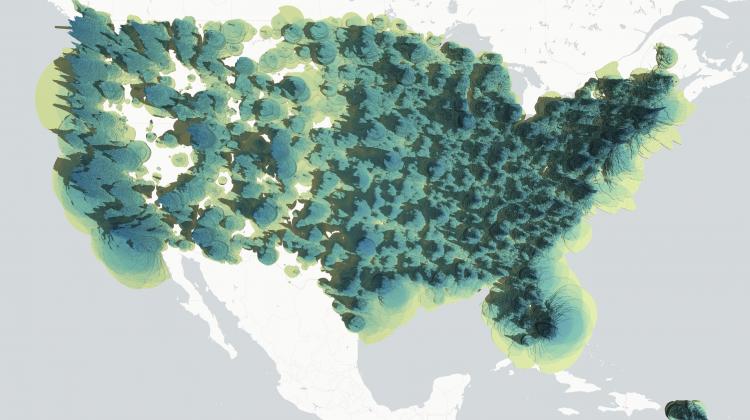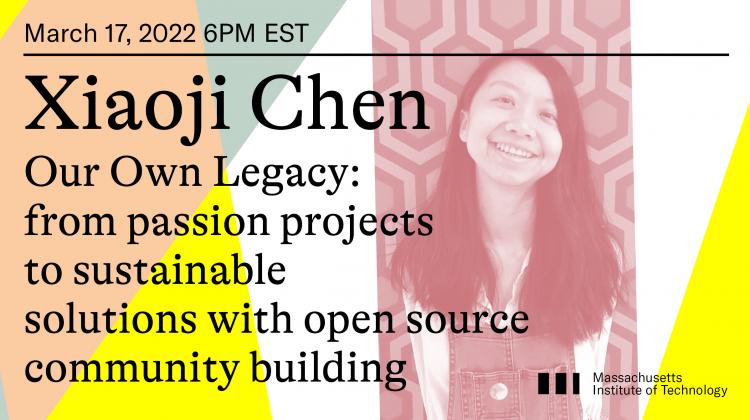Our own legacy: from passion projects to sustainable solutions with open source community building


Our own legacy: from passion projects to sustainable solutions with open source community building
Once used to “prettify” academic papers and business presentations, data visualization is now increasingly sought after as an essential tool for research and innovation itself. It takes an invaluable part in the comprehension of big data, as well as the evaluation and iteration of cutting-edge solutions. During this shift, we have also seen the approach to the craft matures from ad-hoc scripting to a full tech stack employing large-scale infrastructures, spawning new careers and niche businesses.
Xiaoji shares the journey of herself and a community of creative coders, technical artists, civil hackers, and entrepreneurs who maintain one of the most widely-used open-source data visualization frameworks.
Xiaoji Chen
Microsoft Researcher, Urban Computing Foundation
Xiaoji Chen graduated from MIT with an M.Arch. in design and computation, where her research interest was using data visualization to raise awareness on urban growth issues, promote informed decision making, and influence population behavior. She has worked as an architect, a user experience designer, and a software engineer in the industries of gaming, transportation and public health. She continues to reject any predefined career path. She chairs the technical steering committee of vis.gl, an Urban Computing Foundation initiative that enables high-performance, large-scale data visualization in the Web. Her work has been featured by BBC, New York Times, Wired, and Scientific American. She was also a core contributor to teams that won an Emmy, an Information is Beautiful Award, and a Fast-Company World Changing Ideas Award.


